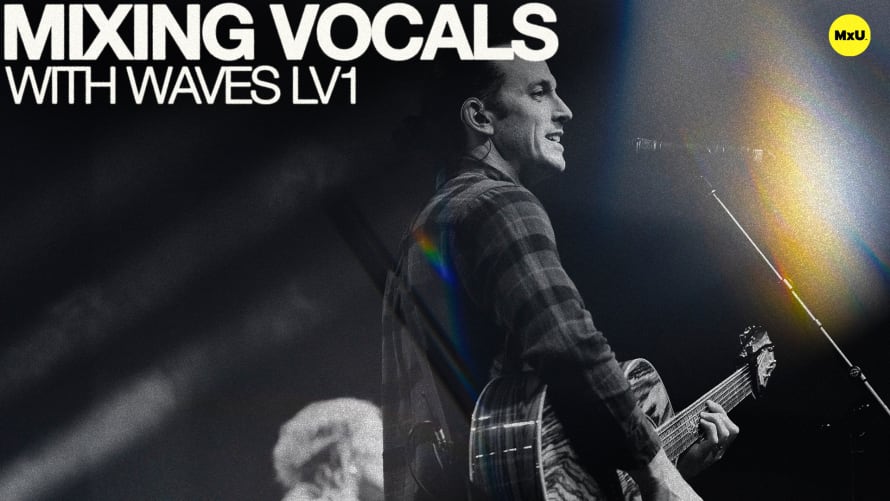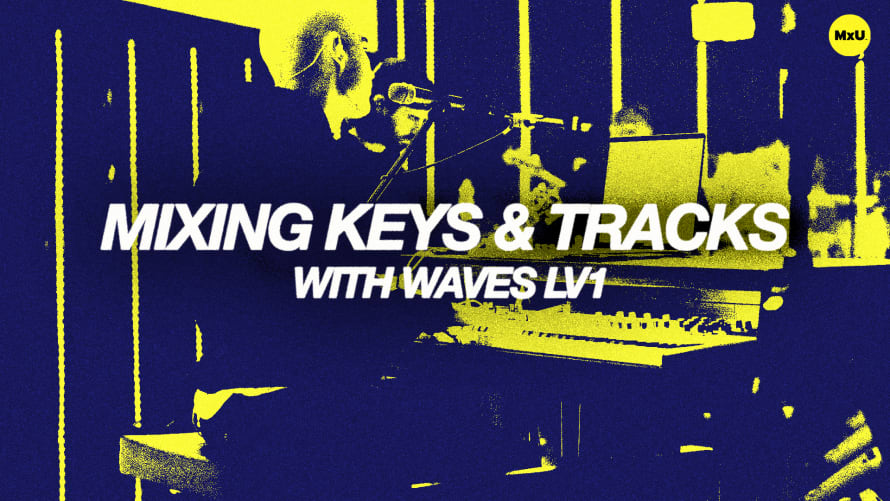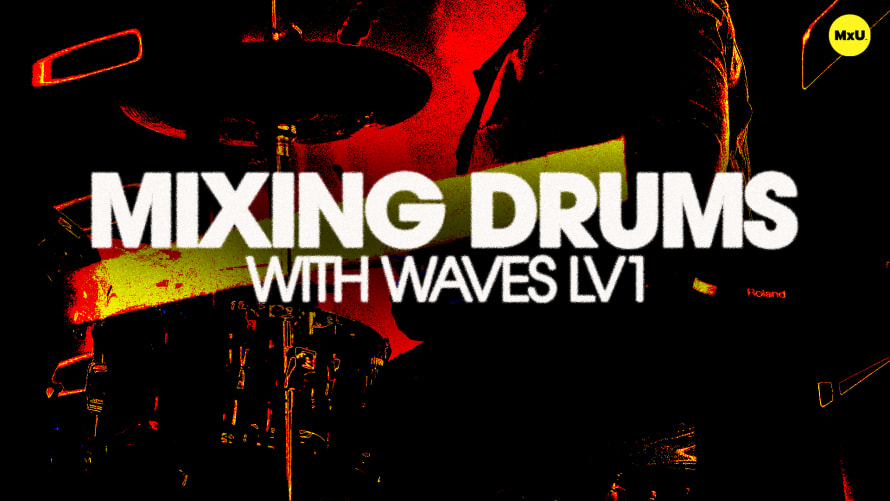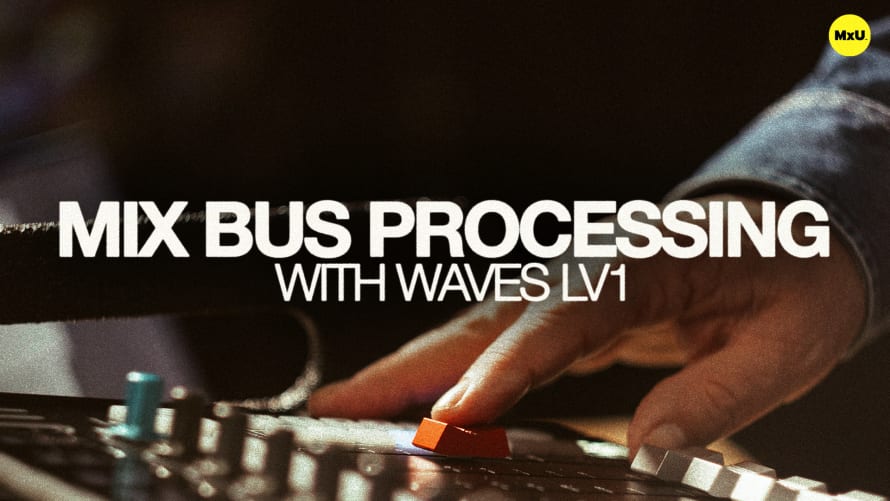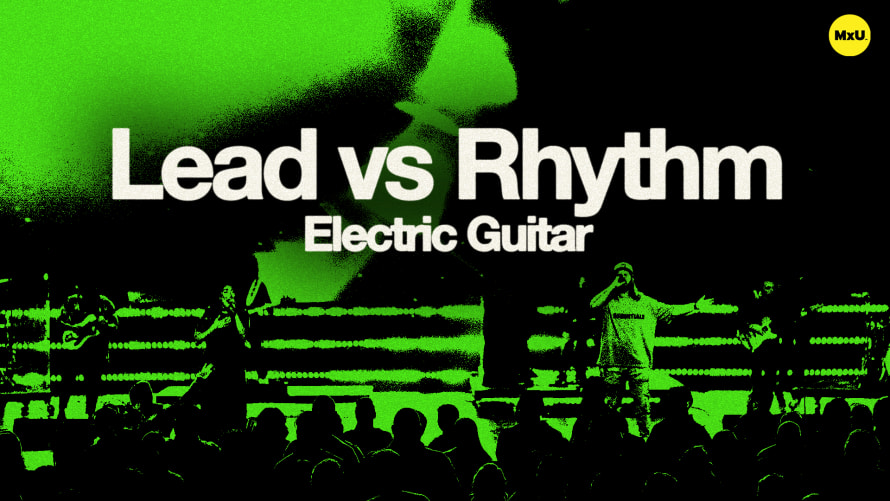Mixing a Full Band with Waves LV1


Continue watching
Sign up to continue watching Mixing a Full Band with Waves LV1
Pricing
Starting at $19.95 /mo
More in MxU
FREE LV1 Presets
We're giving away Jeff's LV1 presets from this course! Explore what Jeff does to achieve his desired sound and implement some of those same ideas in your church.
Click Here to Download
Click Here to Download
After drums, let’s add the rest of the band. Starting with bass, adding this helps complement the sound of the drums. In addition, adding electric and acoustic guitars needs to be done with context in mind. The goal is to create a cohesive overall sound which will be more impactful for your live mix.
Minimal Processing
With a high-quality bass player and rig, minimal processing is needed. The CLA 76 plugin is used for light compression. It adds smoothness without much gain reduction.
- Excellent source quality reduces the need for heavy processing.
- Use light compression to maintain a natural sound.
- Experiment with plugins like R-Bass for additional low-frequency enhancement.
Integrating Electric Guitars
Add electric guitars strategically. They complement the mix, especially during choruses. This approach helps in creating dynamic song structures.
- Introduce electric guitars at strategic points, like choruses.
- Use simple, foundational parts that complement the bass.
Balancing Live and Track Acoustics
Chris Tomlin’s live acoustic performance is used in combination with recorded acoustics. They keep the sound consistent and full when he engages with the audience or needs to stop playing for any reason.
- Jeff uses SSL plugins for EQ and compression on live acoustics.
- Blend live and track acoustics for a fuller sound.
- Adjust compression levels based on the performance dynamics.
Adding Reverb to Acoustics
Reverb can add space and warmth to the acoustic guitar sound. Plugins like H-Reverb provide a simple, effective way to achieve this.
- Use warm plate reverb settings for a subtle, pleasing effect.
- Adjust reverb levels to add space without overwhelming the mix.
- Ensure reverb complements the overall tonality and mix context.

